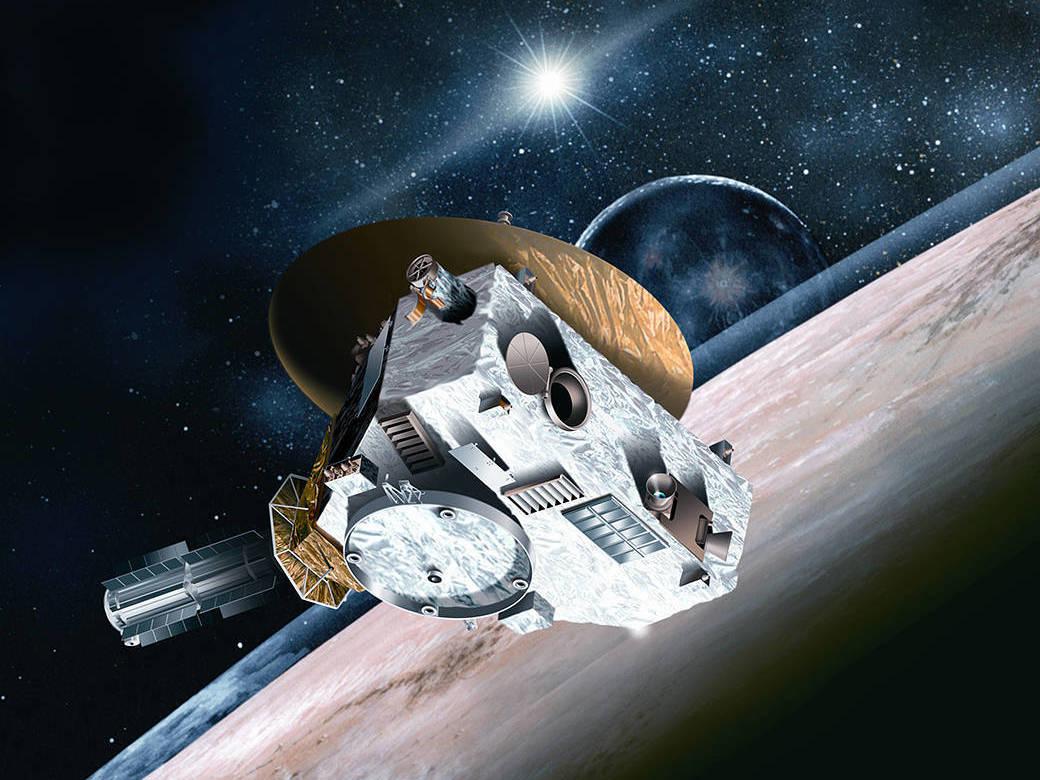Scientists Discover Outer Space Isn't Pitch Black After All
Scientists have used a NASA probe way out in space, beyond Pluto, to measure visible light that's not connected to any known source like stars or galaxies.
by Nell Greenfieldboyce
Nov 18, 2020
3 minutes

Look up at the night sky and, if you're away from city lights, you'll see stars. The space between those bright points of light is, of course, filled with inky blackness.
Some astronomers have wondered about that all that dark space--about how dark it really is.
"Is space truly black?" says , an astronomer with the National Optical Astronomy Observatory in Arizona. He says if you could look at the night sky without stars, galaxies, and everything else known to give off visible light, "does the universe itself put out a
You’re reading a preview, subscribe to read more.
Start your free 30 days



